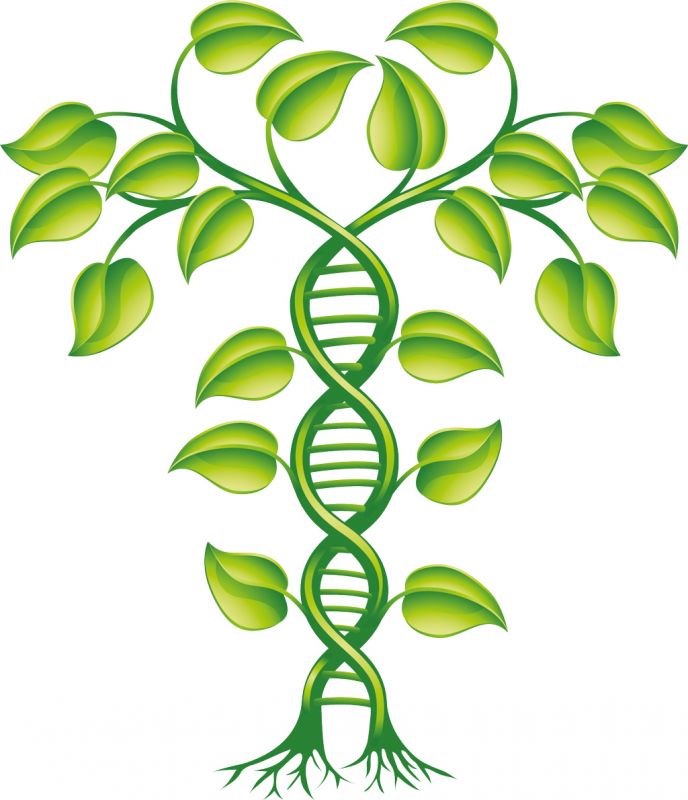80% of Earth's Ecological Processes Hit by Climate Change
Published on by Water Network Research, Official research team of The Water Network in Academic
Climate change isn't just a problem for the future: it has already impacted 82 percent of all planetary ecological systems, scientists estimate.

Scientists are clear that climate change and global warming are real, and whatever the future may hold in store, they are already causing massive planetary change, according to a joint paper led by Florida University, with Hong Kong University, "The broad footprint of climate change from genes to biomes to people", published in Science.
"Anthropogenic climate change is now in full swing, our global average temperature already having increased by 1°C from preindustrial levels," they begin their paper.
A Hong Kong-Floridan collaboration makes sense, given their vulnerability to climate change, not least in the form of rising seawater as sea ice melts and the warming oceans expand. From the year 1870 to date, sea water levels have risen on average by almost 200 millimeters, which is almost 7.8 inches.
That is not far shy of a foot. (The precise amount by which the water has risen in any given location is a factor of multiple parameters.)
Every aspect of life on Earth is impacted by climate change, from genes to entire ecosystems, writes the team: Of 94 ecological processes evaluated globally, 82 percent showed evidence of impact from climate change.
"We now have evidence that, with only a roughly 1 degree Celsius of warming globally, major impacts are already being felt in natural systems," said study lead author Dr Brett Scheffers of the University of Florida.
"Genes are changing, species' physiology and physical features such as body size are changing, species are moving and we see clear signs of entire ecosystems under stress, all in response to changes in climate on land and in the ocean."
 Genes are changing
Genes are changing
Genetic change – mutation – is random. In conditions of rising heat, mutations that help a species survive hotter conditions will be beneficial; by the theory, possessors of that mutation will thrive more than their non-mutant peers. Thus climate as a stressor can drive inherited change.
Thus climate as a stressor can drive inherited change.
One example, from 2015, is wild plants studied by University of Liverpool scientists. Simulation of climate change stresses over 15 years led to the stark conclusion that the climate change treatments had altered the genetic composition of the plant populations.
The Liverpudlians also concluded that one species was undergoing evolutionary change: in theory, plants could evolve to thrive in different conditions – but don't hold your breath.
Natural change is both random and the proliferation of "good" mutations is slow. Hence scientists at Israel's Volcani Institute, for instance, have been working on creating a better apricot that can flourish in hotter climes, and people in New Zealand are working on engineering the humble kiwi. The fruit, not the bird.
Read full report: Haaretz
Media
Taxonomy
- Climate Change
- Climate Risk
- Academic Study
- Gene Expression
- Ecosystem
1 Comment
-
This article on climate change is really new information and based on research hope related knowledge seekers will benefit...